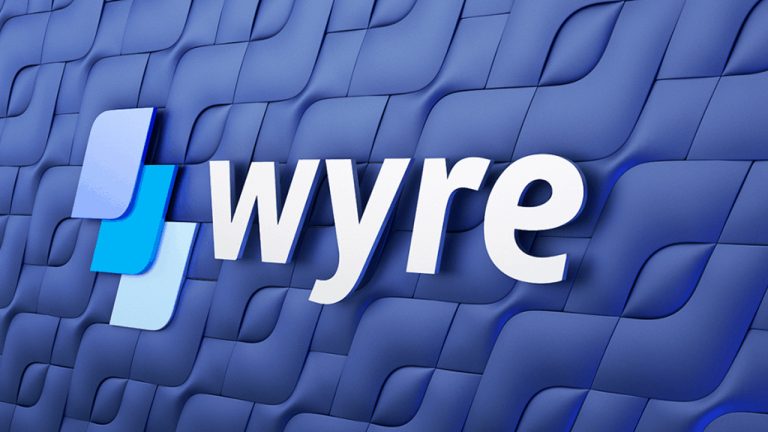OpenChat implemented a new feature that allows admins to create groups within groups, similar to Discord’s channels within servers.
Blockchain chat app OpenChat has enabled users to create Discord-like servers called “Communities,” according to an Aug. 2 announcement.

OpenChat is a blockchain-based chat app running on the Internet Computer (ICP) network. It facilitates mostly crypto-oriented chat groups, including some with a few thousand members. LootMoneyArmy (3,201 members), Magnetic (2,703 members) and DFinityVN (2,597 members) are some examples of OpenChat groups.
The app’s development team first announced the Communities feature in February. At the time, they observed that users were employing OpenChat for different reasons than initially anticipated. While developers originally intended Communities to be used as an instant messaging app similar to WhatsApp or Signal, end-users seemed more interested in using the app to form public groups and build communities.
While the developers welcomed this interest, they also explained that OpenChat lacked the hierarchical system used in apps like Discord or Slack. This prevented group admins from using it to create subgroups to keep conversation focused on particular topics, ultimately making groups on OpenChat less effective than they otherwise could be.
The team promised to fix this problem by implementing Communities at some point in the future, making the app more suitable for users interested in joining groups. The new feature would replace the current groups with “communities” and allow admins to create “groups” within these communities, similar to the way Discord has channels within servers. Admins would also be able to make their communities private, giving them a function similar to a Slack group, the post stated.
The Aug. 2 announcement states that Communities has now launched and is available within the app.
In a conversation with Cointelegaph, OpenChat co-founder Julian Jeffs said Communities will eventually allow crypto protocols to build communities directly from their own websites, eliminating the need for downloading external programs like Discord or Telegram.
“One other sort of notable thing on the roadmap that Communities will facilitate is providing integrations to other apps in the ecosystem as well,” Jeffs explained. “There are a lot of other apps that would like to have a chat function within but don’t necessarily want to send their users outside of their website or the app.”
Jeffs further explained that the team is experimenting with several designs for this future “Communities integration” system. One concept is to provide a “server-to-server synchronization” between OpenChat and each project, while another option is to create a set of front-end components that projects could “drop in” to their interfaces. Either way, the integration would allow users of Web3 protocols to chat with other users and get technical support from admins without needing to navigate away from the apps they are using.
The team stressed that the “integrations” feature will not be a part of Communities at launch but is planned to be implemented in a later patch.
Related: New Web3 ID app lets users find each other based on proven interests
Discord and Telegram are the two most widely used messaging apps in the crypto community, but these Web2 platforms don’t allow users to post messages using their Web3 identities. This can lead to users getting scammed by persons claiming to be holders of wallets they don’t actually control.
OpenChat is one project trying to solve this problem. Another example is Grill.chat, which runs on a Polkadot chain but allows Ethereum wallet holders to chat using their Ethereum usernames. Coinbase wallet’s new messaging feature is another example of the growing movement to allow wallet-based chat.
Collect this article as an NFT to preserve this moment in history and show your support for independent journalism in the crypto space.




